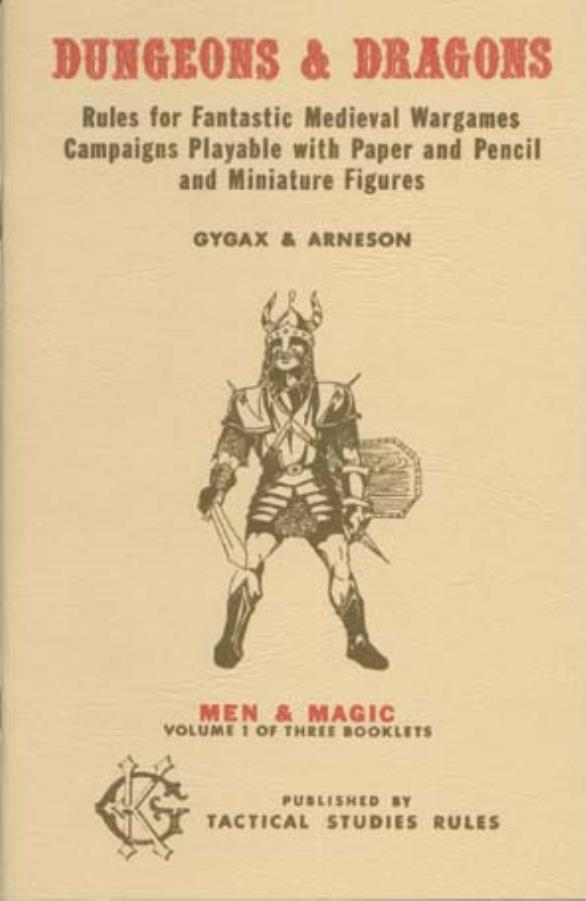Back when the ARPG term was created for Diablo (and before it was retroactively applied to a lot of earlier games)
We were using the term Action-RPG in the early 80s
Could you give some more info about that? What did you use it to describe, and where do you think the term came from?
I've understood the term to have been retroactively applied to games which fit the mould created by Diablo - an Action-centric game with some elements traditionally associated with (but, in modern times, not intrinsic and specific to) RPGs added for some additional depth.
The moment Diablo - and the action-RPG genre - were born
What Happened to the Action RPG?
"Of course, even then, the notion of Diablo-as-pure-RPG left some people with a stomachache. And so the world arrived at a compromise by giving Diablo its own genre: The action RPG... today, the term "action RPG" brings to mind Diablo and its descendants almost exclusively: Loot-driven games powered by randomization and the mouse-clicking power of the human index finger, such as Titan Quest and Torchlight"
@ 28:23
David Brevik thinks the Diablo team created the genre.
The 1up article is the most accurate and comprehensive of the material you posted, although still glosses over much and contradictory in its language. It even admits that the eventual association between genre and game were result of the game's immense popularity . But the world did not create a genre specifically to suit Diablo, unless he means the PC world. He gets some stick in the comments section for making such claims, including from yours truly. It's funny because EGM, owned by the same company as 1UP, used the term Action RPG for several 16bit games in their articles in the early 90s
The Eurogamer article also makes this concession
"And that Friday afternoon was the moment action-RPGs -
at least in the isometric, point-and-click form pioneered and dominated ever since by Diablo - were born". This is backpedaling off of what the article title suggests
As far as Brevik, I'll give them credit for creating a play style, but that is not the same as creating terminology, which they didn't.
Various other articles cite games like Dragon Slayer and Xanadu as the origins of the genre. Others say it goes back even further to the 70s. My direct experience is with games in the pre Diablo days like Faxanadu, Final Fantasy Adventure, Legacy of The Wizard, Ys, Hydlide. We -and by we I mean the magazines and the readers following suit- were calling these "action RPGs".
Now memories aren't evidence, and if I can find some scans of old magazine reviews etc., I will post them . But there was also a big schism between console and computer gaming then, and it wasn't uncommon for one "side" not to know what was going on with the other. E.g. Do you know there are people who think Japan invented RPGs? Lol. Obviously these people only grew up with consoles. Even I didn't know Diablo and it's ilk "owned" ARPG in many people's minds until a few years ago, having my formative years on old consoles and their strain of the genre.



















